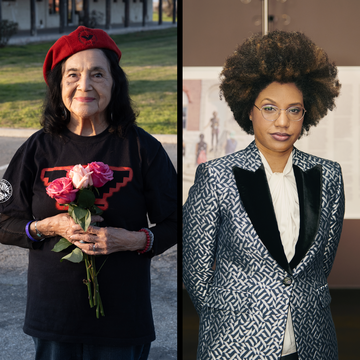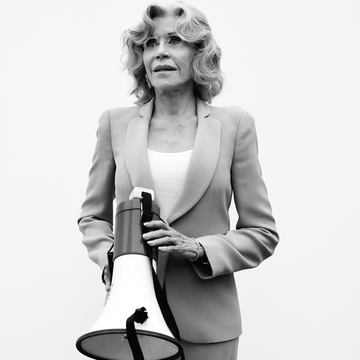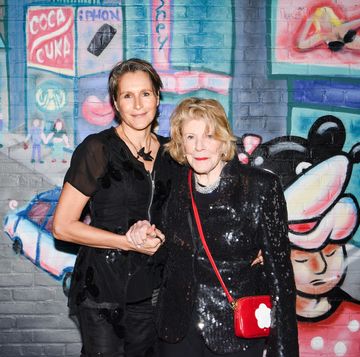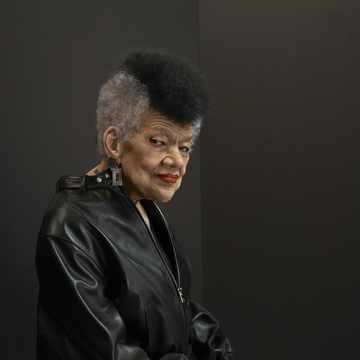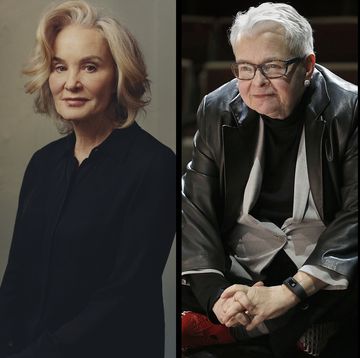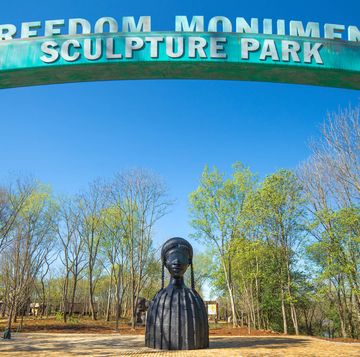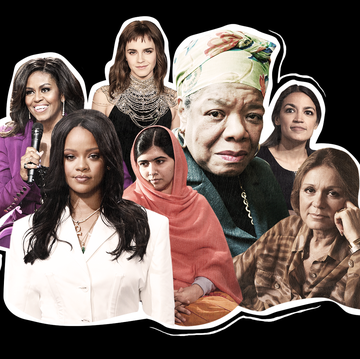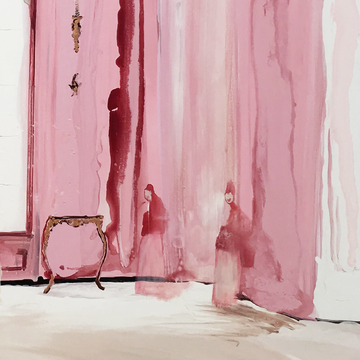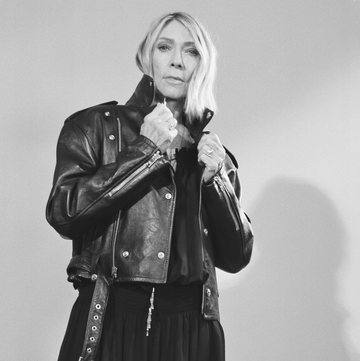When Thenmozhi Soundararajan was 10 years old, she discovered that her Indian family was “untouchable”—they belonged to the lowest caste in Hinduism. Though abolished in India’s constitution in 1950, the thousands-of-years-old social and religious hierarchy, which classifies people into five levels based on spiritual purity, persists in South Asia and the diaspora. Soundararajan’s parents, who hailed from the state of Tamil Nadu, fled caste oppression in 1975 to become one of the first Tamil families to immigrate to Los Angeles. Though they built successful careers as physicians while raising two children, they took great pains to hide their caste from other South Asian Americans.
Soundararajan soon learned why during a playdate at an Indian friend’s house, whose family belonged to the highest caste, Brahmin. When Soundararajan mentioned that she was untouchable, a look of disgust flashed across her friend’s mother’s face. Due to the belief that Brahmins cannot share food or even eat from the same kitchenware as members of the lowest caste, she switched Soundararajan’s snack plate to a different one.
Soundararajan was devastated. As she learned more about her caste and her family's experiences, her trauma from caste grew. Her self-esteem suffered for years. “I was haunted by the lie fed to me by caste oppression—that I wasn't human enough,” she says. “I felt dirty. I was always washing my hands, smoothing my clothes, and fidgeting with my hair. I picked apart my features and my complexion. I had a lingering sense of imposter syndrome that was difficult to shake for many years.”
Soundararajan has since made it her mission to end caste oppression, a journey she recounts in her debut book, The Trauma of Caste: A Dalit Feminist Meditation on Survivorship, Healing, and Abolition (North Atlantic Books). The word Dalit translates to broken and is the caste Brahmins deem untouchable. But as Soundararajan explains in the book, Dalit also represents the resilience, survival, and the pride of her people.
Caste extends far beyond the borders of the South Asian subcontinent. It impacts 1.9 billion South Asians and 5.5 million South Asians in the United States. It is also found in all South Asian religious communities. “For anyone born into a culture where caste is prevalent,” Soundararajan says, “it determines who and where they worship, where they live, choices and advancement in education and career, even personal relationships—in essence, their entire lives.” Dalits in South Asia face rampant human rights abuses and have a much lower life expectancy than dominant-caste South Asians. Speaking out about caste violence has made Soundararajan a target. “To be a woman leader today means you have to deal with endless threats, gaslighting, and very little support for your safety. We are strong on the outside, but vulnerable and tender as we work with the pain of those attacks.”
In 2015, Soundararajan cofounded Equality Labs, a Dalit civil rights organization. One year later, Equality Labs conducted the first survey on caste discrimination in the United States. It found, among other things, that two out of three Dalits were mistreated because of their caste in the workplace, one in four had endured verbal or physical assault because of their caste, and one in three Dalit students were discriminated against in education. “The results were shocking, even to us,” Soundararajan says. “Dalits have some of the highest rates of discrimination and violence of all Asian American communities.” The survey led to Equality Labs, its partners, and the office of Congresswoman Pramila Jayapal to organize the first congressional briefing on caste discrimination.
Caste discrimination in this country has made headlines in recent years. One of its epicenters is Silicon Valley. In 2020, California’s Department of Fair Employment and Housing sued CISCO for discrimination based on caste when two dominant caste supervisors mistreated a Dalit engineer and paid him a lower salary than others. Soon thereafter, Apple became the first large tech company to explicitly ban caste discrimination in its employee handbook, along with race, religion, gender, age, and ancestry.
U.S. temples have also been the site of caste oppression. Last year, a federal lawsuit was filed against BAPS, a Hindu denomination, for paying Dalits far below minimum wage and forcing them to live in a guarded compound while constructing new temples. “Caste is a workers’ rights issue,” Soundararajan says. “We have to work together to make all workplaces safer for all workers and add caste as a protected category.”
The Trauma of Caste is a prescription for healing. It contains meditations on restoration, nonattachment practice, and the importance of forming connections with myriad communities. For Soundararajan, conversion to Buddhism in adulthood, following in the footsteps of Bhimrao Ramji Ambedkar, a Dalit scholar, activist, and drafter of the Indian constitution, played an important role in her quest for peace. “For me, becoming Buddhist was claiming my own divinity. It was acknowledging how much violence I faced in religious institutions and charting my own path as a seeker that acknowledged my beauty, my power, my dignity, and my life. Buddhism helped me find a way to make peace with the violence that has shaped me, without letting it define me.”
But the violence won’t end until the eradication of caste begins, Soundararajan says. Members of dominant castes must reflect on their privilege and fragility with great intention and mindfulness. “They have benefited for centuries from the exploitation and discrimination of caste-oppressed people. They must confront the histories of blood and violence that have created the conditions for their power and led to their family wealth, land, and resources.” Dominant-caste South Asians must also find ways to take direct, measurable action. “They can add caste as a protected category in their workplace, speak out about ethnonationalist violence in our homelands, and challenge caste privilege in their family and friend networks.”
An oppressive system only divides and fractures everyone. A reckoning with caste, and the pain it continues to cause, Soundararajan says, is an opportunity to restore humanity globally. “It is a powerful thing to return to your fellow humans and leave behind the social lies that have harmed all of us for too long. This is no time for silence. It is instead the time to heal.”
Anjali Enjeti is the author of Southbound: Essays on Identity, Inheritance, and Social Change, and The Parted Earth.


